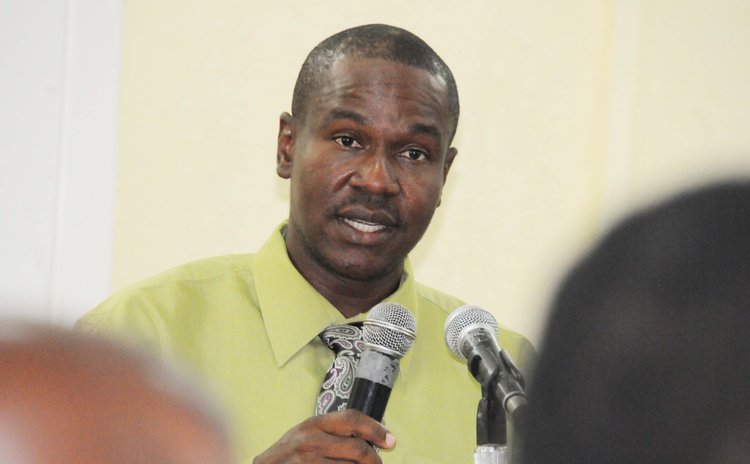What is the Role of Parliament in a Democracy?
Concerned Citizens Movement: Voter Education Series – 2019: Part 3

In the last voter education session, we explained why parliament was supposed to be the democratic voice of the people of Dominica. In this section, we will discuss what role parliament plays in such a democracy. There are two types of democracies, parliamentary or presidential. Dominica is a parliamentary democracy, and as such you have three governing bodies. They are the legislature, the executive and the judiciary. Ideally, they should be divided and independent. Unfortunately, because Dominica operates under the Westminster system, the executive branch is drawn from the parliamentary majority and therefore neither body is separate and independent. A situation such as this can make the parliament a place where you find 'rubberstamping' of legislation which leads to excessive executive power that erodes democracy, fosters autocracy and that could lead to dictatorship. Below we examine four main functions of the Parliament.
1. Representation
Parliamentarians are supposed to derive their positions in the House of Assembly following free and fair elections. The result would suggest that they were democratically chosen by the people to represent them. Therefore, those representatives are expected to serve the people who put them there. Accordingly, in Dominica the ruling party and the opposition both constitute parliament. Hence, representatives are supposed to be loyal to their constituencies and the State and not to each other and their political party. Consequently, parliamentarians must remember that they sit in the House at the leisure of the citizens and should endeavor to serve them and not themselves. Citizens must also recognize their power and elect to hold their representatives accountable to them.
2. Making Laws
An important function of parliament is to pass laws. However, those laws are not created in a vacuum. The Constitution delineates the process to be followed when making laws. Accordingly, before legislation becomes effective as law, it must be presented as a Bill. Subsequently, parliament reads and debates this Bill which becomes law when a majority votes in favour of the tabled Bill. Is there room for public participation this process? Presently, Dominica is a democracy that means 'rule by the people.' For this reason, all Bills should be discussed in the public sphere before they are brought to parliament. For example, the Constitution under Section 51 states that a Bill that has the force of altering the electoral laws should be referred to the Electoral Commission to give them enough time to comment on such proposals before it is brought to parliament. This means that changes to laws that could alter the Constitution can be deemed illegal. Consequently, any citizen impacted by such amendments can launch a legal challenge.
3. Formation of the Executive
Members of the majority party also form the executive. This body has the responsibility for the governance of the country. However, cabinet (executive) meetings are not scrutinized by the public who are dependent on parliament to provide oversight and checks on executive behavior. Because the executive also forms most of the legislature, parliamentary oversight falls exclusively on the opposition in this Westminster system. Nevertheless, the cabinet has a vital role to play in delivering good governance, including equitable resource allocation, sound financial management, accountability, transparency, the absence of nepotism and respect for the Constitution.
4. Approving the National Budget
The national budget is an overview of the projected expenditures and income for the coming fiscal year. Ideally, a country should not spend money unless parliament approves it. Does this protocol happen in Dominica? A submitted budget should forecast any new tax levy, loss of income or source of revenues. Citizens look to the national budget for assurance of their country's economic growth. The budget can also demonstrate whether there is sound fiscal management. As you can see, parliament assumes an essential role in promoting good governance in a democracy. Their purpose is to make good decisions on behalf of the people. Therefore, parliamentarians are responsible for determining citizen's positions on all issues affecting them and bringing those to the fore in parliament. Globally, citizens are demanding information on what parliamentarians are doing on their behalf. They are sufficiently informed to know that there can be no parliament without electors. Likewise, no parliament can be legitimate or functional without consideration of the will of the people.




